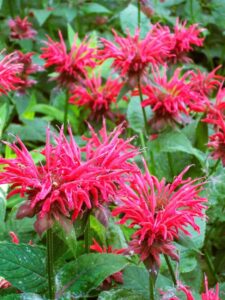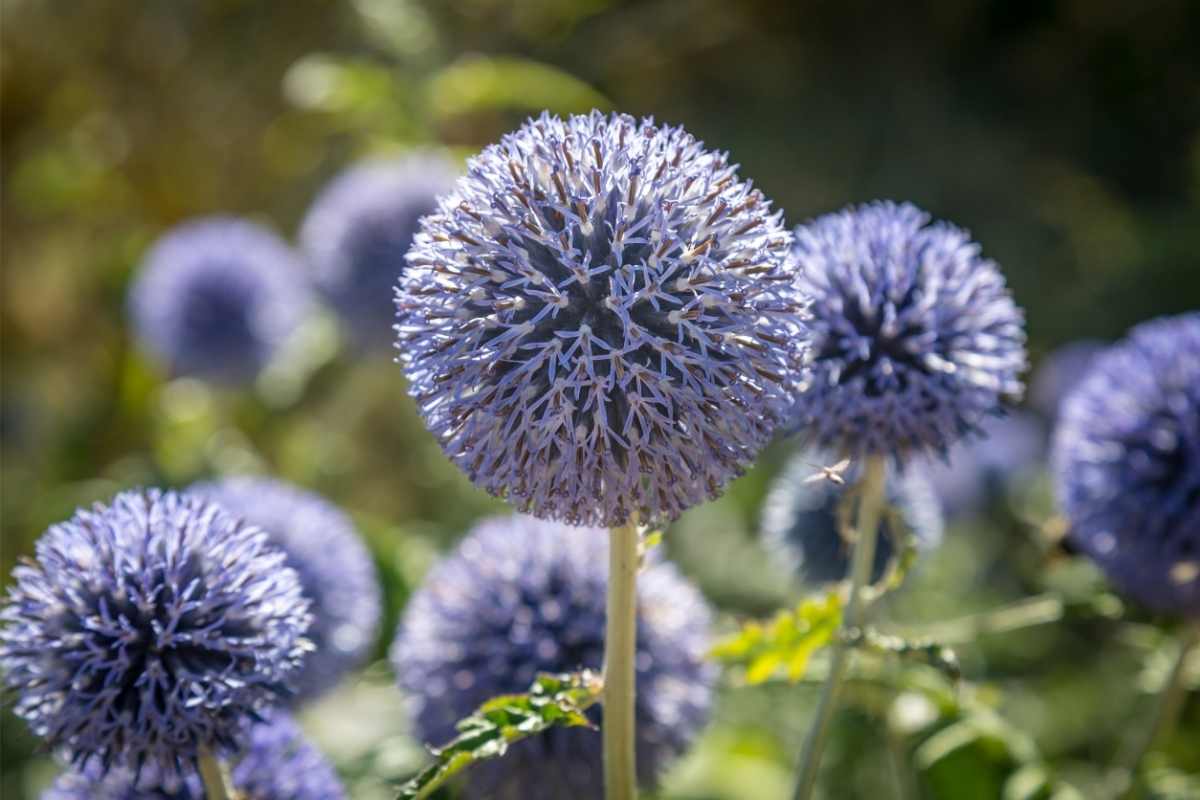Perennials are a fantastic addition to any Massachusetts garden, providing vibrant blooms year after year. Proper care throughout the seasons ensures these plants thrive and maintain their beauty. This seasonal guide will provide you with essential tips for caring for perennials in Massachusetts.
Spring Care for Perennials
- Spring Cleaning
- As the snow melts and temperatures rise, start your perennial care by cleaning up your garden beds. Remove any dead leaves, debris, and old mulch to make way for new growth.
- Dividing and Transplanting
- Early spring is the perfect time to divide and transplant perennials. Dividing perennials like hostas and daylilies helps rejuvenate them and prevent overcrowding. Make sure to water well after transplanting.
- Fertilizing
- Apply a balanced, slow-release fertilizer to provide essential nutrients as your perennials begin to grow. This promotes healthy growth and robust blooms.

Summer Care for Perennials 4. Watering
- Consistent watering is crucial during the hot summer months. Water deeply and less frequently to encourage deep root growth. Aim for about 1 inch of water per week, adjusting for rainfall.
- Mulching
- Apply a fresh layer of mulch around your perennials to retain moisture, suppress weeds, and regulate soil temperature. Organic mulch, such as shredded bark or compost, is ideal.
- Deadheading
- Regularly deadhead spent blooms to encourage continuous flowering and prevent the plants from using energy to produce seeds. This keeps your garden looking tidy and vibrant.
Fall Care for Perennials 7. Cutting Back
- In late fall, cut back the foliage of perennials after the first frost. This helps prevent diseases and pests from overwintering. Leave about 2-3 inches of stem above ground to protect the plant crowns.
- Dividing and Transplanting (Again)
- Fall is another good time to divide and transplant perennials. This gives the plants time to establish roots before winter. Water thoroughly after moving them.
- Mulching for Winter Protection
- Apply a thicker layer of mulch in late fall to insulate the soil and protect the roots from freezing temperatures. This is especially important in Massachusetts, where winters can be harsh.
Winter Care for Perennials 10. Winter Protection – In Massachusetts, some perennials may need extra protection from freezing temperatures. Use burlap or frost cloth to cover tender plants. Consider using evergreen boughs or straw as additional insulation. 11. Monitor for Pests – Keep an eye out for pests such as voles and rabbits, which can damage perennials during the winter. Use repellents or physical barriers to protect your plants.
General Tips for Perennial Care in Massachusetts
- Choosing the Right Perennials: Select perennials that are well-suited to the Massachusetts climate, such as coneflowers, black-eyed Susans, and peonies. Native plants are often the best choice for low-maintenance gardening.
- Soil Preparation: Ensure your soil is well-drained and enriched with organic matter. Test the soil pH and adjust if necessary to meet the needs of your specific perennials.
- Pest and Disease Management: Regularly inspect your perennials for signs of pests and diseases. Use appropriate treatments to keep your plants healthy and thriving.
Conclusion Caring for perennials in Massachusetts requires attention to seasonal changes and specific gardening practices. By following this seasonal guide, you can ensure your perennials stay healthy and beautiful year after year. For expert advice and professional gardening services, contact us at Green Pulse Landscaping. We specialize in maintaining stunning perennial gardens in Massachusetts.
Contact us today for a free estimate at
(857) 504-5117 or email us at
contact@greenpulselandscaping.com to schedule a consultation and learn how we can help you achieve a lush, green lawn.
Click to Call Us!


